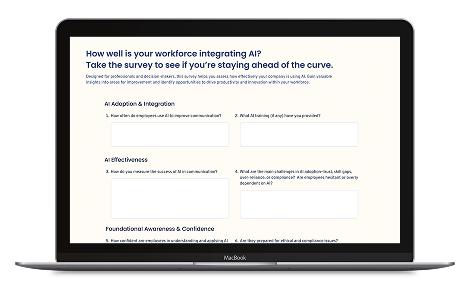WD Communications

When technical writers say they get lost in their own content, imagine how readers see it! Blending technical details with readability helps readers—and writers—to see through content more clearly.
All technical writing is not all-reader friendly; readers speak different technical languages.
Not all readers are technical professionals.
Readers’ eyes strain through undefined acronyms and abbreviations packed inside deep paragraphs. Multiple ideas wrapped in run-on sentences and inconsistent formatting distort big pictures and main messages. Confidence in content and writers can fade quickly.
WD Communications provides training and copy editing services to help technical professionals improve the overall readability and quality of on-the-job content.
To enhance skill application, we design training using clients’ content including technical reports, instructions, memos, emails, and slides. We explore how the puzzle pieces of content can fit together to tell data stories, explain processes, and show business impacts more clearly from different readers’ points of view.
Seeing technical content through the readers’ lens is eye opening.
Who are the target readers? What do readers already know, not know, and need to know now? How can readers access, understand, and use content most efficiently?
While actively discussing readers’ needs for both plain and persuasive writing styles, we consider how syntax, tone, and sentence or paragraph length affect readers.
Before our eyes, the essential details take focus. Clutter fades away.
Yes, writing-assistance software like Readability Statistics, Grammarly, and PerfectIt are useful tools. But software can’t see, discuss, and make decisions about the real-life nuances of technical content in context. Human eyes are the best editors.
As clarity, consistency, and conciseness of content increase, document review cycles between writers and reviewers also become more efficient. Better quality documents, produced in less time, are easier on everyone’s eyes.
Interested in training on Effective Technical Writing or Targeted Technical Presentations?
Need Copy Editing Services for documents or slide decks?
Contact Jill Mazza: jmazza@wdcommunications.com
Take the survey to see if you’re staying ahead of the curve.
Take the Survey